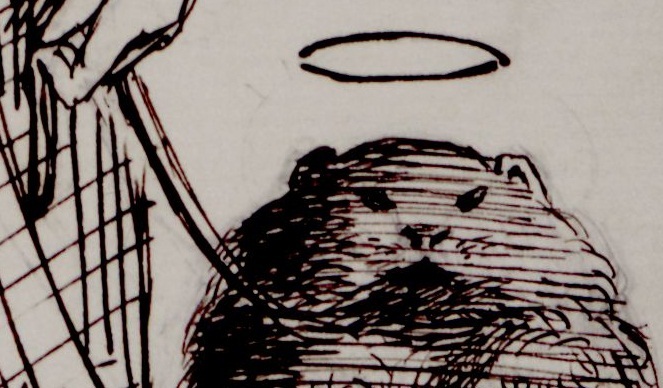What do you think?
Rate this book


320 pages, Paperback
First published January 1, 1976








“Bone no había visto nunca tantos letreros de calles con marcas de balazos, ni siquiera en un gueto. Pero luego pensó que no había nada de anómalo en ello: si la beatería y el patriotismo tenían un compañero de cama, ese era la violencia.”En Cutter y Bone no solo sientes una irritable picazón de hostiar a toda esa basura blanca. Más de una vez (y de dos y de tres) arrojarías por la ventana a los dos protagonistas, y no solo por la de veces que les gritas ¡¡¡ no, jodido imbécil, es que no te das cuenta !!!, sino por lo despreciables que llegan a ser, por lo atractivos que nos resultan precisamente por ser tan despreciables, por hacer de su crueldad algo tan morbosamente divertido y, esto es lo más mortificante, por su jodido éxito con las mujeres, mayor cuanto peor son estas tratadas por este par de… ¿de qué?
"La vida era brutal y fea y había que soportarla solo, y cualquier amor o belleza que se encontrara por el camino era algo puramente accidental y por lo general efímero. Nada tenía ningún valor en sí mismo. No había ningún patrón oro en la vida. La moneda corriente era el papel, un papel en continua devaluación. Por descontado. ¿Alguna novedad más?"
I don’t like this motherfucker Wolfe and all the motherfuckers like him, all the movers and shakers of this world, kiddo, because I saw them too many times, and I saw the people they moved and shook. I saw the soft white motherfuckers in their civvies and flak jackets come slicking in from Long Binh to look us over out in the boonies, see that everything was going sweet and smooth, the killing and the cutting and the sewing up, and then they’d grunt and fart and squeeze their way back into their choppers and slick on back to Washington or Wall Street or Peoria and say on with the show, America, a few more bombs will do it, a few more arms and legs.
One could spend all his life climbing onto crosses to save people from themselves, and nothing would change. For human beings finally were each as alone as dead stars and no amount of toil or love or litany could alter by a centimeter the terrible precision of their journeys.

